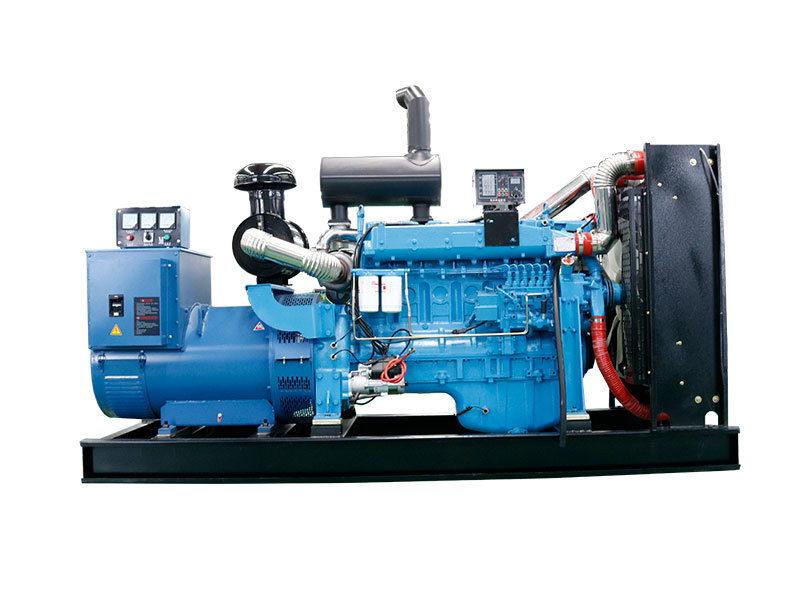
Choosing the right generator size for your home is crucial for ensuring you have enough power during an outage. But with so many options available, how do you determine what size generator will run a normal house? This guide breaks down the process, from calculating your power needs to understanding different generator types.
Understanding Your Power Needs
Before you start shopping for a generator, you need to calculate your power requirements. List all the essential appliances you want to run during an outage, including refrigerators, freezers, lights, sump pumps, and furnaces. Find the wattage of each appliance (usually listed on a label) and add them up. This total wattage gives you a starting point for determining the necessary generator size.
Essential Appliances and Their Wattage
Consider which appliances are truly essential. Do you need to power your entire home, or just the necessities? A refrigerator typically uses 600-800 watts, a furnace around 1,000-1,500 watts, and a sump pump around 750-1,500 watts. Smaller items like lights and phone chargers contribute less to the total wattage. Prioritizing essential appliances helps optimize generator sizing and cost.
What size generator do I need for essential appliances?
For running essential appliances like a refrigerator, furnace, and a few lights, a generator in the 5,000-7,500 watt range is often sufficient. This size generator for whole house essential needs offers a balance of power and affordability.
Choosing the Right Generator Size
While adding up individual appliance wattages is important, you also need to account for starting wattage. Motors, like those in refrigerators and air conditioners, require a surge of power to start, often two to three times their running wattage. This means your generator needs a higher starting wattage capacity than the sum of your running wattages. Choosing a home generator sizing that accommodates starting wattage prevents overloading and ensures smooth operation.
Different Types of Generators
There are two main types of generators: portable and standby. Portable generators are smaller, more affordable, and offer flexibility. Standby generators, also known as whole-house generators, are permanently installed and automatically kick in during a power outage. Understanding the difference between these types helps determine the best fit for your needs and budget. Which type best suits your lifestyle and power requirements?
Portable vs. Standby Generators: Which is Right for You?
Choosing between a portable and standby generator depends on your specific needs. If you need a cost-effective solution for occasional power outages and portability is important, a portable generator might be a good choice. If you require automatic backup power for your entire home and prioritize convenience, a standby generator is the better option.
Cost Considerations for Generators
Generator prices vary widely depending on size, type, and features. Portable generators generally range from a few hundred dollars to a few thousand. Standby generators, including installation, can cost significantly more, often ranging from several thousand to tens of thousands of dollars. Factor your budget into the decision-making process when selecting a generator for whole house protection.
What size generator will run a normal house during an extended outage?
For extended outages, where comfort and convenience are paramount, a larger generator in the 10,000-15,000 watt range, or even a whole-house standby generator, might be necessary. This allows you to power more appliances, including air conditioning or heating, and maintain a more normal lifestyle during prolonged power disruptions.
Maintaining Your Generator
Regular maintenance is crucial for ensuring your generator operates reliably when you need it most. This includes regular oil changes, fuel stabilization, and periodic inspections. Following the manufacturer's maintenance recommendations will prolong the life of your generator and ensure it's ready to provide power during an emergency.






